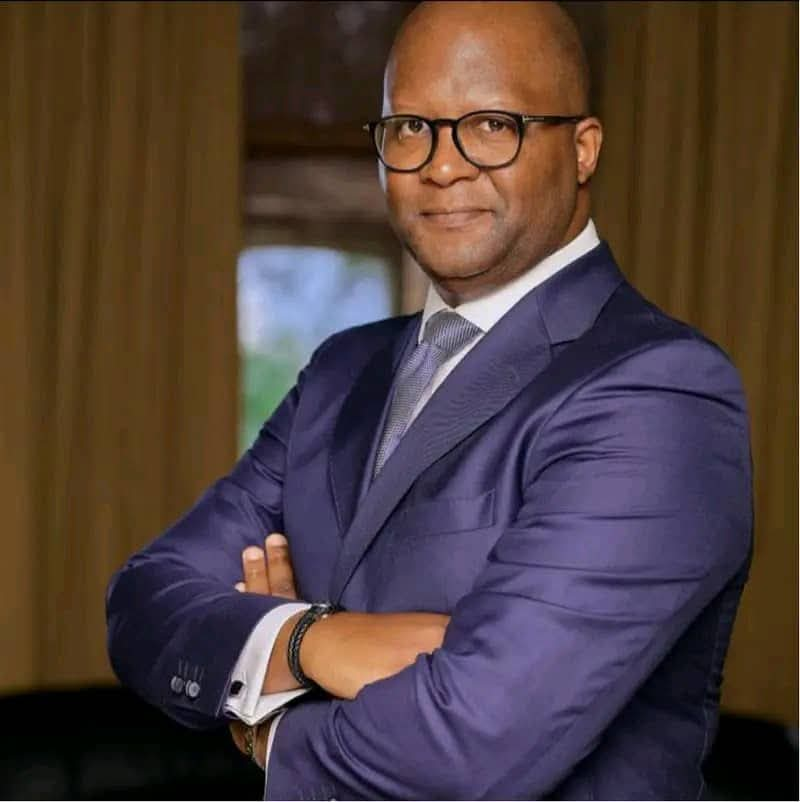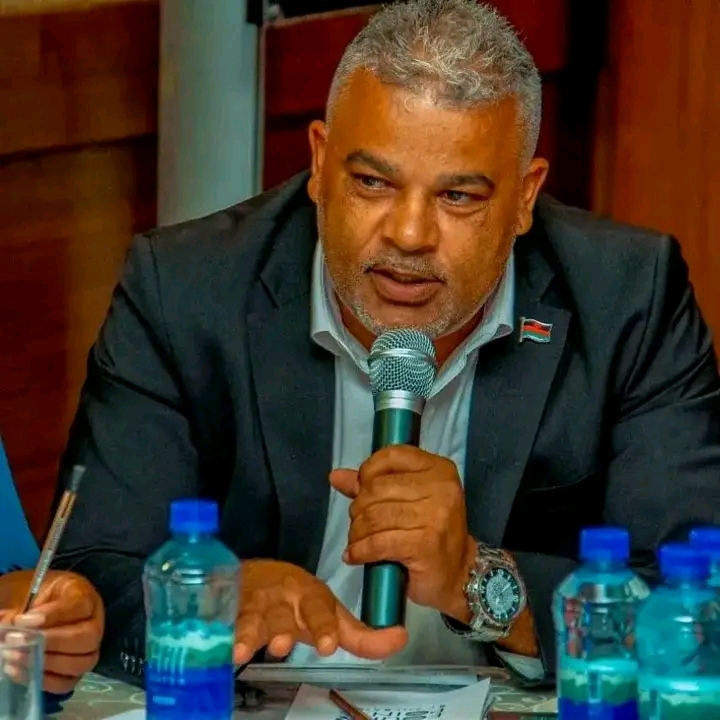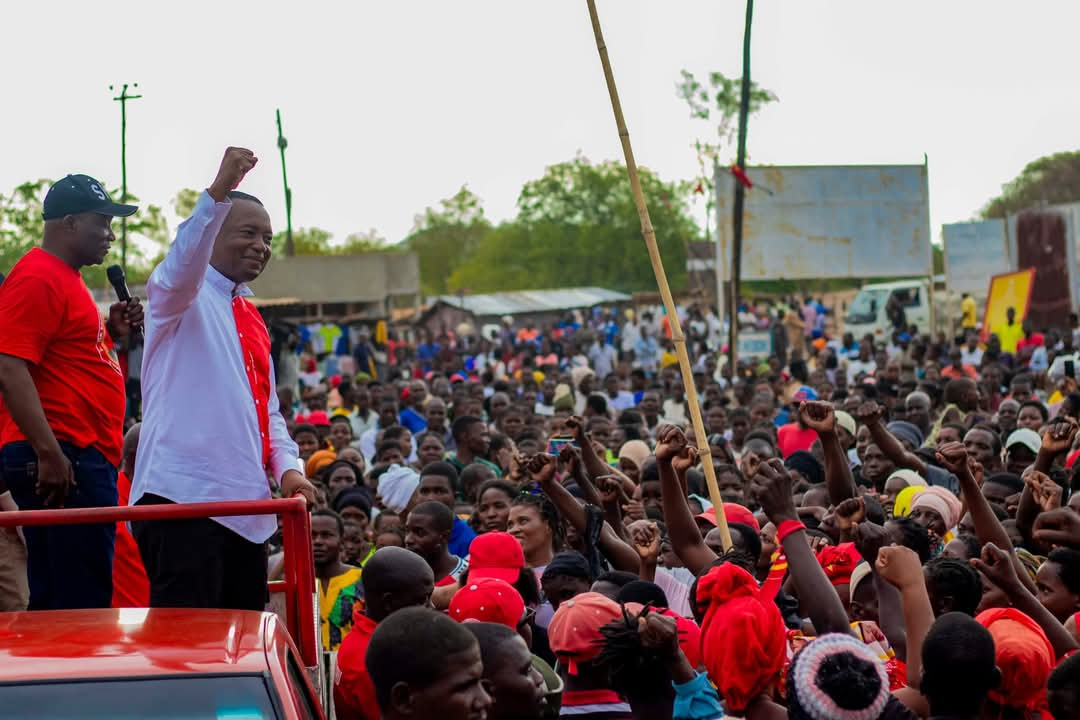By Suleman Chitera
A local political analyst has warned opposition political parties in Malawi not to underestimate the potential impact of a political alliance between the United Democratic Front (UDF), led by Atupele Muluzi, and the ruling Malawi Congress Party (MCP), saying such a move could significantly reshape the political landscape ahead of the September 16 general elections.
Victor Chipofya, the analyst, cited historical precedents as evidence of UDF’s influence in key regions. He pointed to the 2009 elections when the UDF endorsed and campaigned for the MCP, leading to a surprising shift in voter behavior.
“In 2009, 67% of Mangochi and 60% of Machinga voted for MCP after the UDF publicly endorsed the party. That kind of swing is no coincidence,” Chipofya said.
He acknowledged that such an alliance may not be universally accepted within UDF strongholds, with some members potentially resisting the partnership. However, he emphasized that political followers in Malawi tend to rally behind their leaders’ decisions.
“History does not lie. While a segment may withdraw support, a larger percentage typically aligns with what their leader decides,” Chipofya noted. “Even if UDF were to form an alliance with DPP instead, there would still be dissent. The lesson is that no party should underestimate the strategic moves of another.”
Chipofya further urged opposition political parties to put their egos aside and embrace tolerance and compromise if they are to build meaningful alliances capable of challenging the incumbent party effectively.
“Opposition parties need to stop looking at each other as threats and start exploring common ground. That is the only way to negotiate alliances that boost their collective numbers,” he advised.
As political temperatures rise ahead of the September elections, talks of potential alliances continue to dominate the political discourse, with many voters closely watching the strategic maneuvers of key political players.




